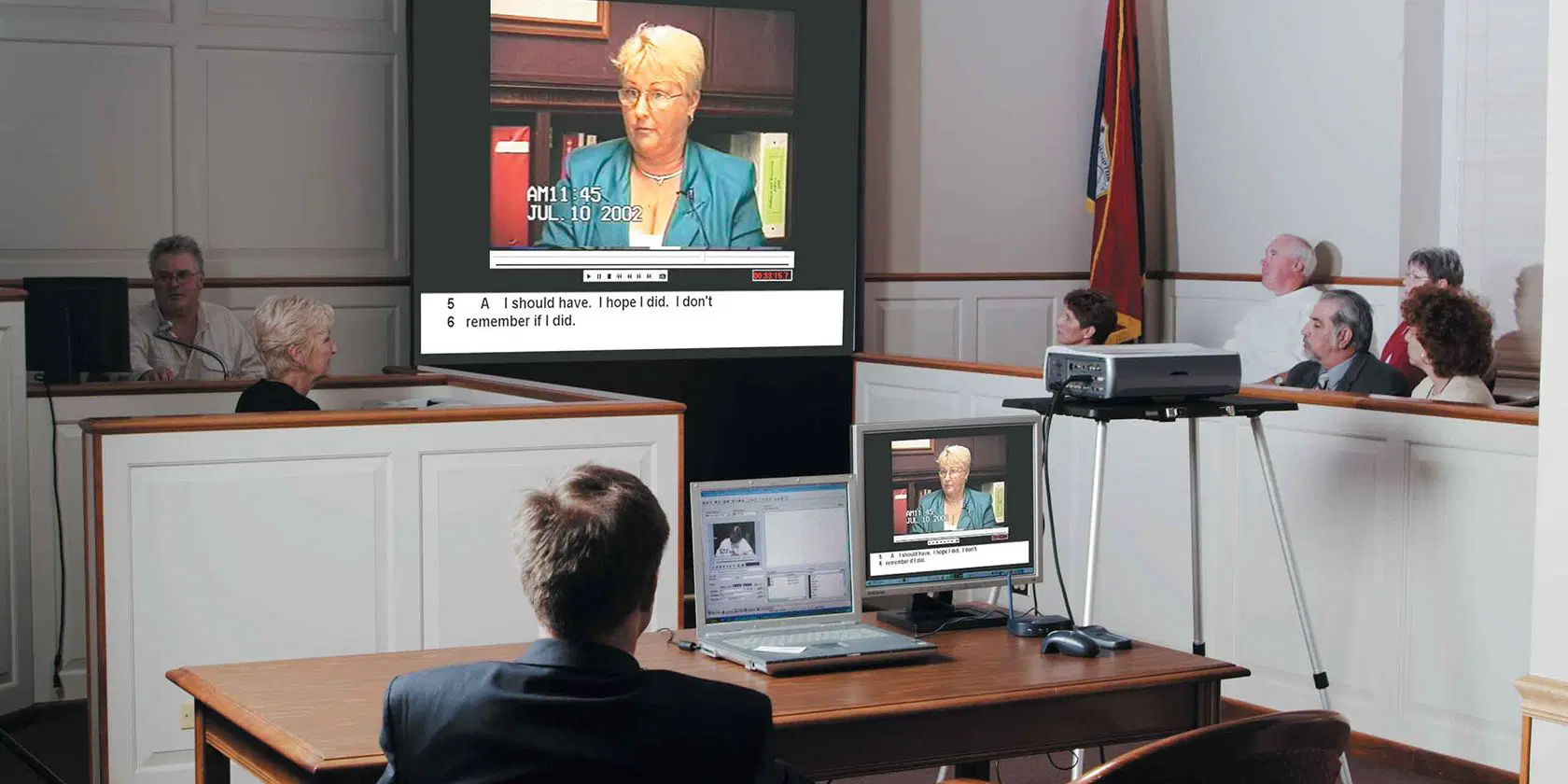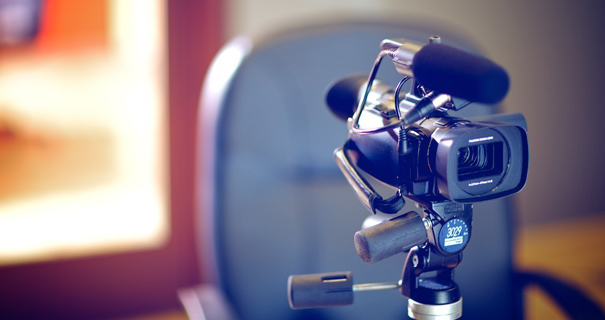The Power of Visuals in Test Presentations for a Winning Argument
The integration of visuals in test presentations has become a crucial consider successfully communicating intricate disagreements to jurors. By utilizing various kinds of aesthetic help-- be it diagrams, photographs, or animations-- lawyers can enhance understanding and retention, eventually forming the jury's understanding of the instance. This technique not just makes clear intricate narratives but also establishes a psychological vibration that can influence decision-making. As we explore the subtleties of this method, it comes to be necessary to take into consideration just how specific kinds of visuals can make a significant difference in trial outcomes. What sensible techniques might attorneys utilize to optimize this capacity?
Importance of Visuals in Trials
In lots of legal settings, visuals play an important duty in enhancing the effectiveness of test presentations. The integration of visual elements can dramatically affect jurors' understanding and retention of complicated details, consequently shaping their perceptions and choices. Visuals, such as charts, layouts, and photos, can streamline intricate stories, making them much more easily accessible and engaging.
Furthermore, the human brain processes visual info a lot more successfully than message, which highlights the importance of including visuals into legal arguments. By equating dense lawful ideas into aesthetic formats, lawyers can help with more clear interaction, guaranteeing that bottom lines are not overlooked throughout trials.
Additionally, visuals offer to engage jurors on a psychological level, cultivating a connection to the case that words alone may fail to accomplish. The strategic usage of visuals can evoke empathy, motivating jurors to take into consideration the human aspects of the situation.
Ultimately, the value of visuals in trials lies in their capacity to enhance quality, improve juror interaction, and enhance the narrative being offered. This potent combination is important for crafting convincing arguments that resonate with jurors and affect the outcome of lawful proceedings.
Kinds of Visuals to Utilize
Reliable test presentations can substantially take advantage of a range of aesthetic tools that satisfy different elements of the situation. trial presentations. Making use of diagrams and graphes can properly break down complicated info, making it extra digestible for jurors. As an example, flowcharts can show the series of occasions, while bar chart may succinctly compare relevant data factors.

Animations and simulations can additionally play a vital role, particularly in instances involving technical information or intricate situations. These visuals can dynamically stand for processes or activities, providing quality and engagement that fixed photos may not attain.
In addition, infographics combine text and visuals to sum up crucial info properly. They can present timelines, stats, and substantial case points in a visually attractive fashion, making it much easier for jurors to comply with the argument.
Enhancing Comprehension and Retention

Enhancing understanding and retention during trial presentations is vital for making certain that jurors realize the crucial elements of a case. Visual help function as powerful tools in this regard, converting intricate details right into quickly digestible styles. By using charts, representations, and infographics, lawyers can simplify elaborate data and highlight bottom lines that may or else be forgotten.
Researches have revealed that people retain details dramatically much better when it exists visually. This is particularly significant in a trial setting, where jurors may be bewildered by the volume of proof and testimony. By tactically incorporating visuals, lawyers can direct jurors' focus to one of the most essential elements of the instance, strengthening their understanding and memory of the product provided.

Producing Engaging Discussions
Captivating jurors' focus throughout trial discussions is important for sharing a compelling story. Engaging discussions leverage aesthetic components to produce a remarkable experience that reverberates with jurors. The strategic usage of graphics, computer animations, and video clips can elucidate complicated information, making it much more easily accessible and relatable.

Furthermore, incorporating narration techniques can boost interaction. Offering proof in a logical series that builds sob story permits jurors to link with the product on a personal degree. Varying discussion formats, such as integrating short video or interactive elements, can likewise sustain rate of interest and attention throughout the test.
Inevitably, an appealing presentation promotes an extra profound understanding of the situation, enabling jurors to better value the arguments being provided and leading to a much reference more desirable outcome.
Study and Success Stories
Various study highlight the significant influence of visuals in trial presentations, showing their capability to affect juror understandings and ultimately Our site the end results of cases. A significant case including an individual injury insurance claim illustrated exactly how the usage of a 3D animation of the crash scene clarified intricate information. Jurors reported really feeling more educated and empathetic, dramatically guiding their decision for the plaintiff.
In one more circumstances, a business lawsuits instance utilized infographics to present economic information and timelines, making intricate info easily accessible. The graph enabled jurors to understand the subtleties of the instance more efficiently than spoken explanations alone. trial presentations. Because of this, the jury returned a decision that went beyond the customer's assumptions
The engaging visuals not only assisted in producing question but also resonated emotionally with jurors, leading to a pardon. These success stories underscore the necessity of incorporating visuals right into trial presentations, as they improve understanding, retention, and eventually, the persuasive power of legal debates.
Verdict
Finally, the critical consolidation of visuals in trial presentations significantly enhances jurors' comprehension and retention of intricate information. By using various kinds of visuals, lawyers can successfully clear up bottom lines and foster psychological connections with the audience. Involving you can check here presentations, sustained by compelling instance studies, show the extensive effect that visuals can carry influential communication. Ultimately, the power of visuals acts as an important element in attaining positive test results.